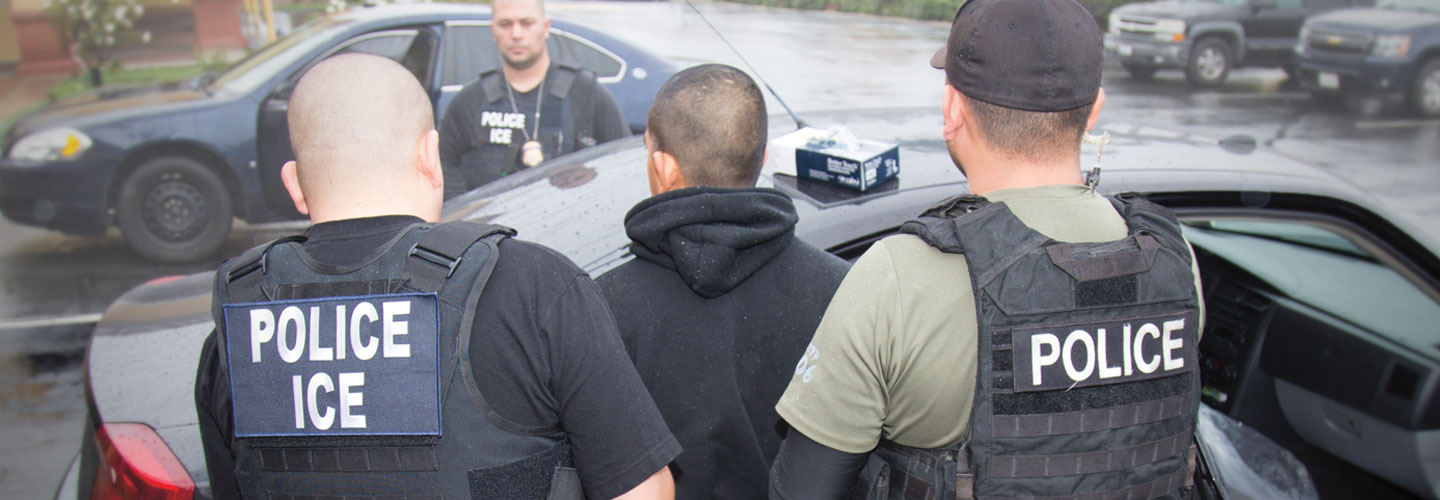On a recent evening in Phoenix, Arizona, protesters surrounded a van as it was pulling away from a U.S. Immigration and Customs Enforcement (ICE) office.
The activists were demanding the release of the woman inside the van, who, they feared, was about to be sent out of the United States. Guadalupe García de Rayos, an undocumented immigrant from Mexico, had been detained earlier that day after reporting for her annual meeting with immigration officials. She’d been required to attend the meetings since a 2008 arrest for using a fake Social Security number, which is a crime.
Rayos, a custodian, says she was just trying to get a job to support her two kids, who were both born in the U.S. (and therefore are citizens). Despite the demonstrators’ efforts, the van departed. Rayos’s family didn’t know where she’d been taken until she called the next morning—from Nogales, Mexico. She had been deported.
Rayos was one of the first immigrants to be removed from the country since President Donald Trump announced new policies on illegal immigration. On January 25, he issued an executive order that gives immigration officials greater authority to carry out deportations: Any undocumented immigrant who has committed any crime, even a minor offense such as a traffic violation, can now be deported.
Protesters surrounded a van on a recent evening in Phoenix, Arizona. The vehicle was pulling away from a U.S. Immigration and Customs Enforcement (ICE) office.
The activists were demanding the release of the woman inside the van. They feared she was about to be sent out of the United States. Guadalupe García de Rayos is an undocumented immigrant from Mexico. She had been detained earlier that day after reporting for her annual meeting with immigration officials. She’d been required to attend the meetings since 2008. That’s when Rayos had been arrested for using a fake Social Security number, which is a crime.
Rayos is a custodian. She says she was just trying to get a job to support her two kids. Her children were both born in the U.S. That means they are citizens. Despite the demonstrators’ efforts, the van left. Rayos’s family didn’t know where she’d been taken until she called the next morning. She was in Nogales, Mexico. Rayos had been deported.
Rayos was one of the first immigrants to be removed from the country since President Donald Trump announced new policies on illegal immigration. On January 25, he issued an executive order that gives immigration officials greater authority to carry out deportations. Any undocumented immigrant who has committed any crime, even a minor offense such as a traffic violation, can now be deported.

